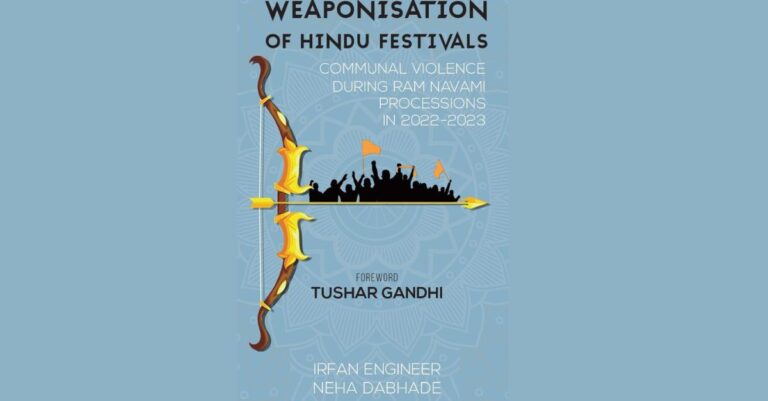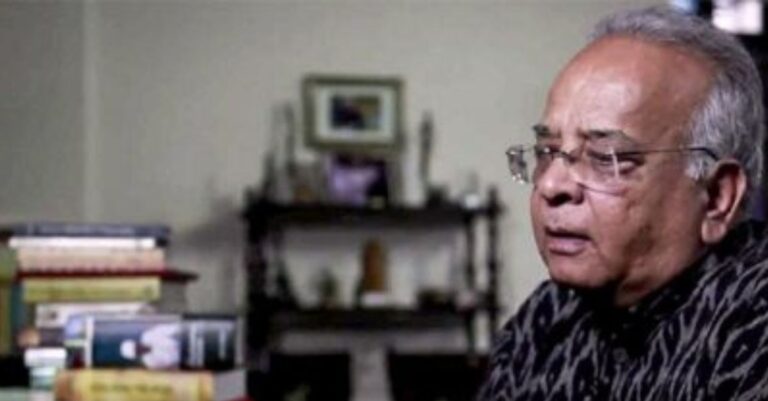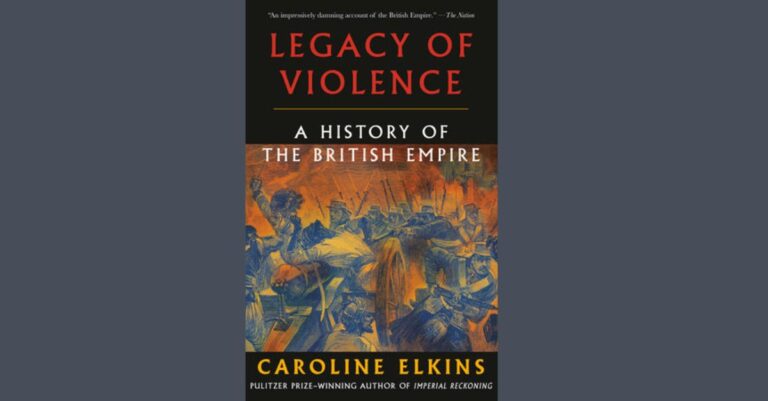
You know, babu, they say, Zahid Ahmad, Noman, Mohammed Akhlaq, Mazloom Ansari, Imtiaz Khan, Mustain Abbas, Vashram Sarvaiya and his brothers, Makati Elisa and Pehlu Khan, were all killed at the hands of persons unknown. By a mob, bheed ne mara. A mass of people indistinguishable from each other in their desire for collective retribution. Since everyone is guilty, in effect, no one is guilty. The distribution of guilt amongst the crowd dilutes it. Neuters it. Disembodies it.
But here is the secret. They were killed at the hands of persons known. We know their names. We know their faces. We grew up with them. They celebrated their joyous birth. I took morning walks with them. Shared meals with them. Attended their weddings. Hosted them in our home. We see them each morning, staring back at us as we brush our teeth. They are us. Wo hum hain. The people on our side of the boundary wall.
The ones who invoked nonviolence as India’s essence are not much different from the ones who empathised with Godse. Let me take a slight detour and say that quite often, the invocation of India’s composite tradition and the Bhakti movement conveniently helps us set aside conversation about caste oppression. As if the world of syncretic culture and the egalitarian ideology of the Bhakti saints inoculates us against casteism. It helps us ‘de-cast’ ourselves while keeping our caste privilege intact.
In a similar fashion, we presume that our self is unsullied by violence. You may not know this, or maybe you do; the essence of Indian civilisation is also violence. Hinsa bhi tumhari dharohar hai. Violence is also India’s heritage that has been bequeathed from generation to generation. The history of tolerance is also one of tolerance towards violence.
Should we be mourning the killing of ‘beef criminals’? Or is it the perversions of the souls of the ‘witnesses’ of lynching that should be lamented? Or again, is it our family, friends, and fellow Indians who treat these killings as retribution—payback time for these communities that one ought to mourn? Or the people who capitalise on these killings to strengthen and bind the majoritarian community across class, caste, generational, and regional divides? Or those who righteously ask why a death of a Hindu does not create such a furore?
The perpetrators of this violence have not always been the state, the rulers, the police or the army but also our silence. Our looking away from inconvenient truths, our blindness to our social privilege, and in our ability to pass off our unearned privilege as merit or as advantages earned by hard work. It makes us either remain silent or glorify nonviolence as our essence. This is how, babu, we let our silence lynch our souls.
(Aparna Vaidik, My Son’s Inheritance, Aleph, 2020, pp. xvi-xvii)




